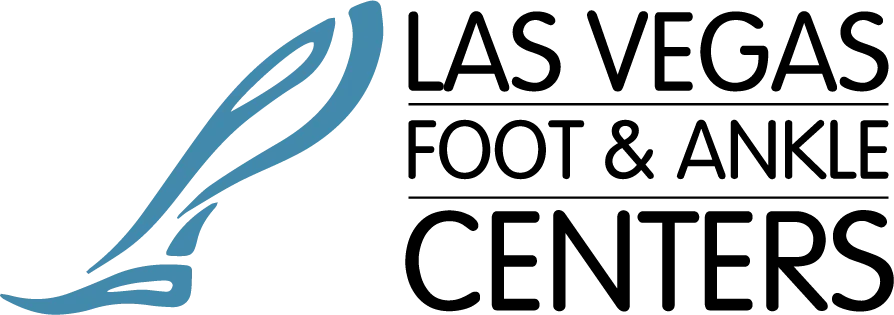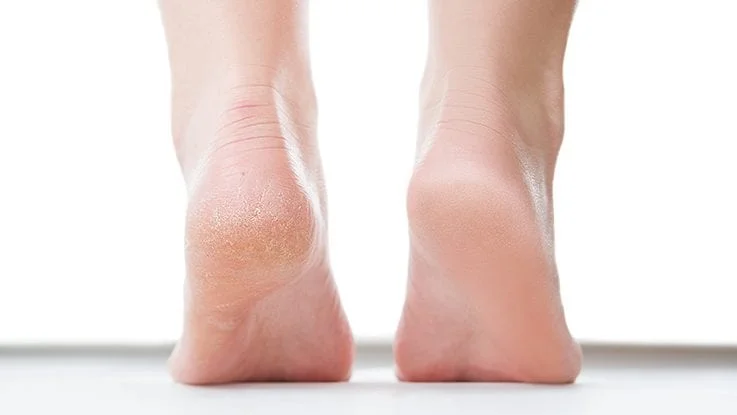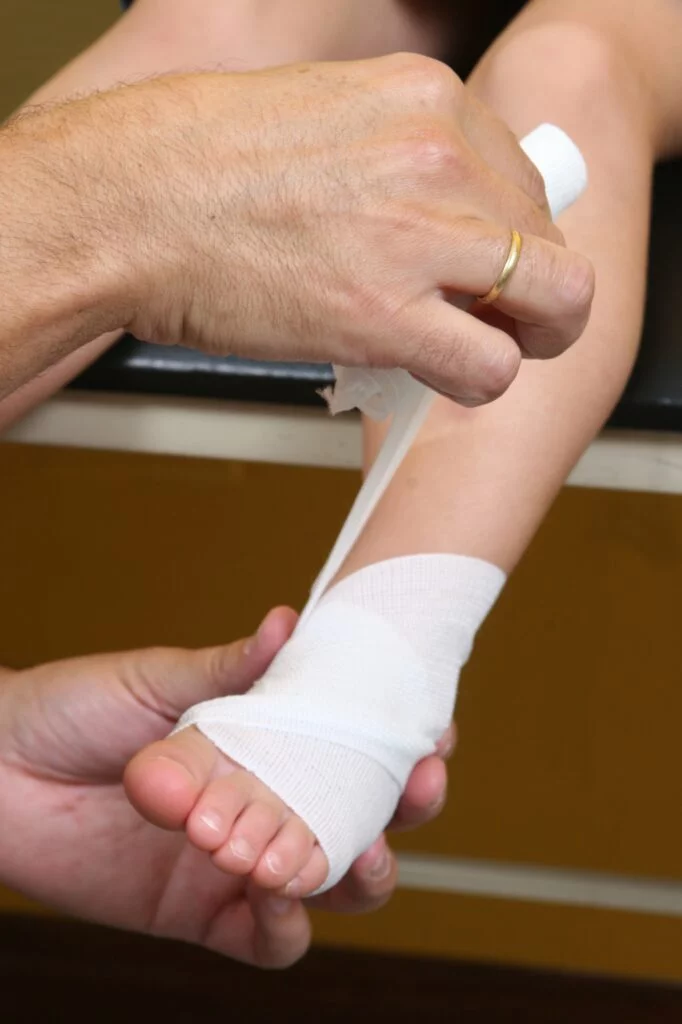Table of Contents
Corns services offered in Henderson, NV
Corns FAQs
What are corns?
Corns are small, rough mounds of thickened, hard skin. They usually occur on the foot’s pressure points, like the top of the toe joint or between your toes, but may develop wherever skin persistently rubs together, creating friction.
Corns are similar to calluses but are typically smaller and deeper. They also have a hard center bordered by swollen skin. Calluses aren’t usually painful and rarely cause problems. However, it’s important to seek help with corns from the Las Vegas Foot and Ankle Centers podiatrists.
Why do corns need treatment?
At first, corns cause few problems, and you might think it’s not worth getting treatment. However, untreated corns continue to thicken and become more painful. If left long enough, corns can bore down through your skin and press on the nerves, causing severe pain.
Eventually, the body’s immune system begins attacking the corn as it would a foreign object, leading to ulcer development. Ulcers (open, slow-healing sores) are particularly serious for people with poor circulation or diabetes.
How are corns treated?
Your Las Vegas Foot and Ankle Centers podiatrist can trim your corns with a small knife in a single office visit to provide immediate relief.
However, corns are a symptom of an underlying structural problem with your foot, so unless you address the source of the friction causing your corns, they’ll return.
To reduce pain, your podiatrist can use protective padding to cushion the corn while it heals. They may recommend you wear medicated patches containing salicylic acid to aid healing and prevent the skin from thickening again.
People with poor circulation, diabetes, or peripheral neuropathy in the feet should never attempt to treat corns themselves because the infection risk is too high.
How is the underlying cause of corns addressed?
To address the cause of your corns, your podiatrist begins by recommending a footwear change. You should only wear shoes that give your toes enough room, so avoid pointed toes and high heels. You might benefit from custom orthotics (supportive shoe inserts) to help realign abnormal structures.
Your treatment plan may also include surgery to correct foot abnormalities that can cause corns to return.
Looking to schedule an appointment with a physician?
Call Las Vegas Foot and Ankle Centersor book an appointment online today to receive expert corn treatment.



